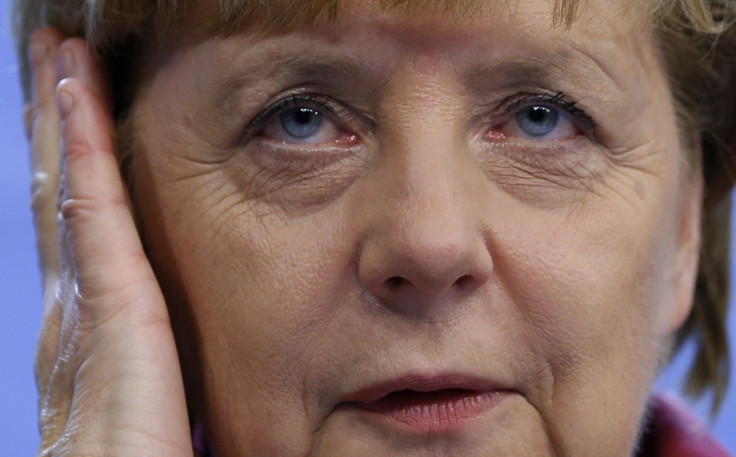Edward Snowden NSA Scandal: Germany Plans Domestic Internet to Stop Snooping

German state-backed Deutsche Telekom is looking to unite other communications companies in the country in a bid to build a secure local internet system to shield its citizen's internet activity from foreigners.
The development comes after a diplomatic row between the US and Europe over the US National Security Agency's (NSA) spying of prominent leaders in the region.
Reuters reported that Deutsche Telekom, which is 32%-owned by the German government, wanted to keep German web traffic within the country.
The proposal has the backing of Germany's telecoms regulator.
Nevertheless, the project will not be easy to execute as it face technical and legal hurdles, as all the servers would have to be hosted within the country.
Experts noted that the idea would not work when German's browse websites such as Facebook and Google that are hosted in foreign countries. In addition, Deutsche Telekom could face opposition from rival broadband companies who do not want to share network information.
"It is internationally without precedent that the internet traffic of a developed country bypasses the servers of another country," said Torsten Gerpott, a professor of business and telecoms at the University of Duisburg-Essen, to Reuters.
"The push of Deutsche Telekom is laudable, but it's also a public relations move."
Political Row
Earlier this year, the German government said it had obtained information that US agencies may have hacked the German chancellor Angela Merkel's mobile phone.
Following the leaking of top-secret documents by whistleblower Edward Snowden, Merkel sought explanation from US President Barack Obama for what Germany said was a "serious breach of trust" between the allies.
Despite Obama's assurance that Merkel's calls were not taped, she said France and Germany want talks with the US over Washington's alleged snooping activities, as fresh disclosures of NSA surveillance on world leaders emerge.
The German chancellor has urged the US to agree a "no-spying" deal with its European allies. The US already has a "no-spying" agreement with Britain, Australia, Canada and New Zealand.
It was revealed earlier that NSA had snooped on millions of phone calls of high-profile French nationals, prompting a sharp response from France. Germany and France are supported by other countries in the single-currency region in the initiative.
Meanwhile, the Guardian has revealed that the US tapped the telephone calls of 35 world leaders, citing secret documents leaked by whistleblower Edward Snowden.
© Copyright IBTimes 2025. All rights reserved.






















